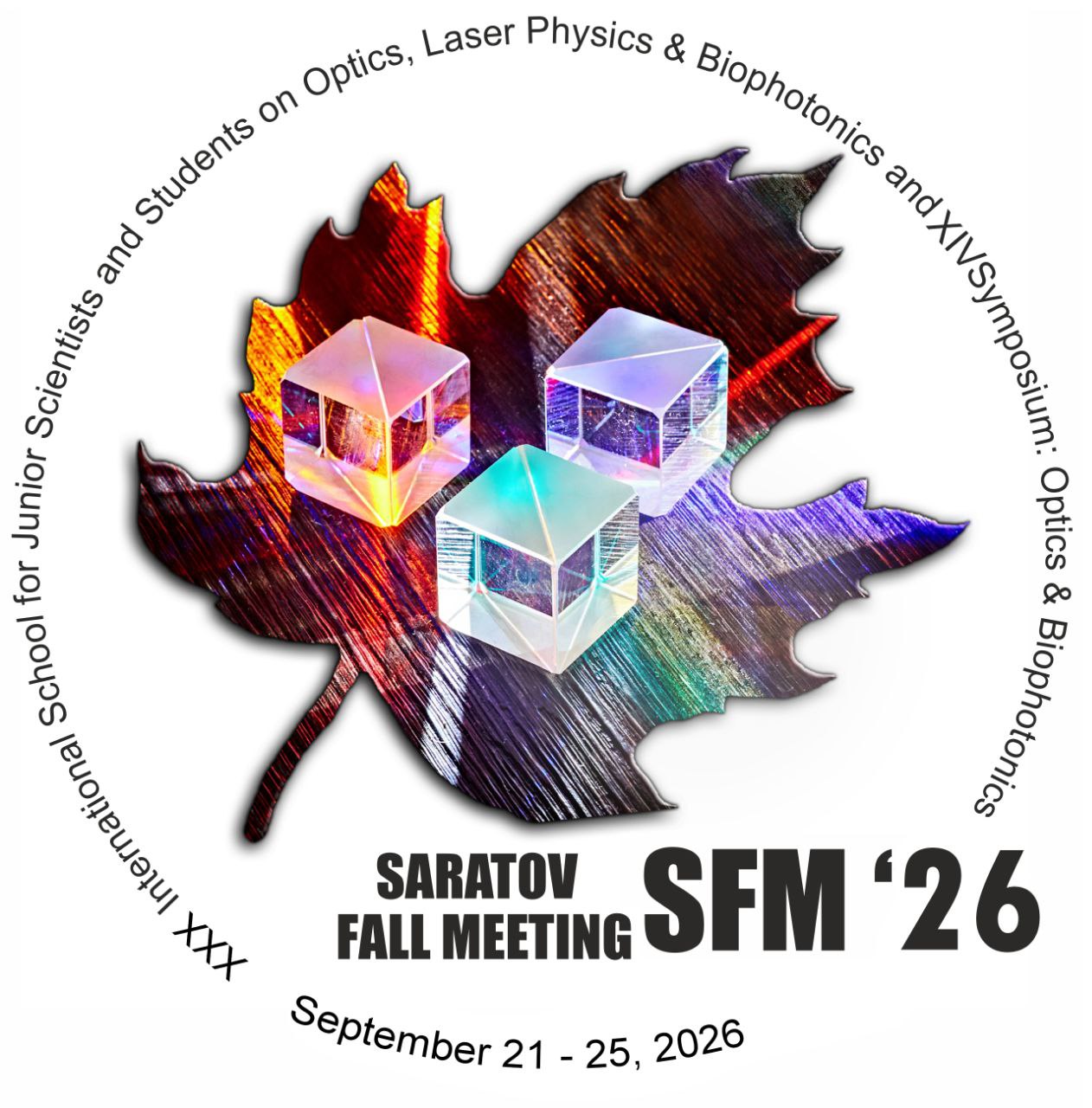Influence of residual polyvinyl alcohol on protein corona formation of polymer particles
Maria B. Sokol1*, Olga E. Kamaeva1,2*, Maksim A. Klimenko1, Ivan A. Gulyaev1, Nikita G. Yabbarov1, Mariia R. Mollaeva1, Margarita V. Chirkina1, Elena D. Nikolskaya1; 1N. M. Emanuel Institute of Biochemical Physics of Russian Academy of Sciences, Moscow, Russia; 2National Research Nuclear University MEPhI (Moscow Engineering Physics Institute), Moscow, Russia
* equal contribution
Abstract
Protein corona formed on the surface of nanoparticles (NPs) plays a key role in their biological fate. Previous studies showed that emulsifier polyvinyl alcohol (PVA) affects the surface properties of NPs` based on copolymer of lactic and glycolic acid (PLGA). However, data on the effect of residual PVA on the protein corona of PLGA NPs lacked in the literature. The aim of this work was to study the effect of the residual PVA concentration on the formation of the PLGA NPs protein corona.
We synthesized paclitaxel-loaded PLGA NPs by single emulsification method using 5%, 2%, 1% and 0.5% PVA as emulsion stabilizer. The size of NPs was 170-230 nm and zeta-potential was from -23 mV to -14 mV. Next, we performed colorimetric assay to evaluate residual PVA content.
The obtained particles were incubated with fetal bovine serum at 37 °C for 30 min under horizontal stirring. NPs - proteins complexes were separated from serum by centrifugation. We varied the centrifugation time and the number of washes to optimize the technique. We observed the highest level of NPs precipitation after 30 min of centrifugation and the negligibly changing protein concentration after 3 times of centrifugation.
Finally, we plotted protein adsorption isotherms and determined the maximum saturation of the NPs surface with protein molecules.
Thus, in the present study, we established the influence of the concentration of residual PVA on the saturation of the PLGA NPs surface with protein molecules.
This study was supported by the Russian Science Foundation research grant No. 24-25-00095,
https://rscf.ru/project/24-25-00095/
Speaker
Maria B. Sokol
N. M. Emanuel Institute of Biochemical Physics of Russian Academy of Sciences, Moscow, Russia
Russia
Report
File with report
Discussion
Ask question


